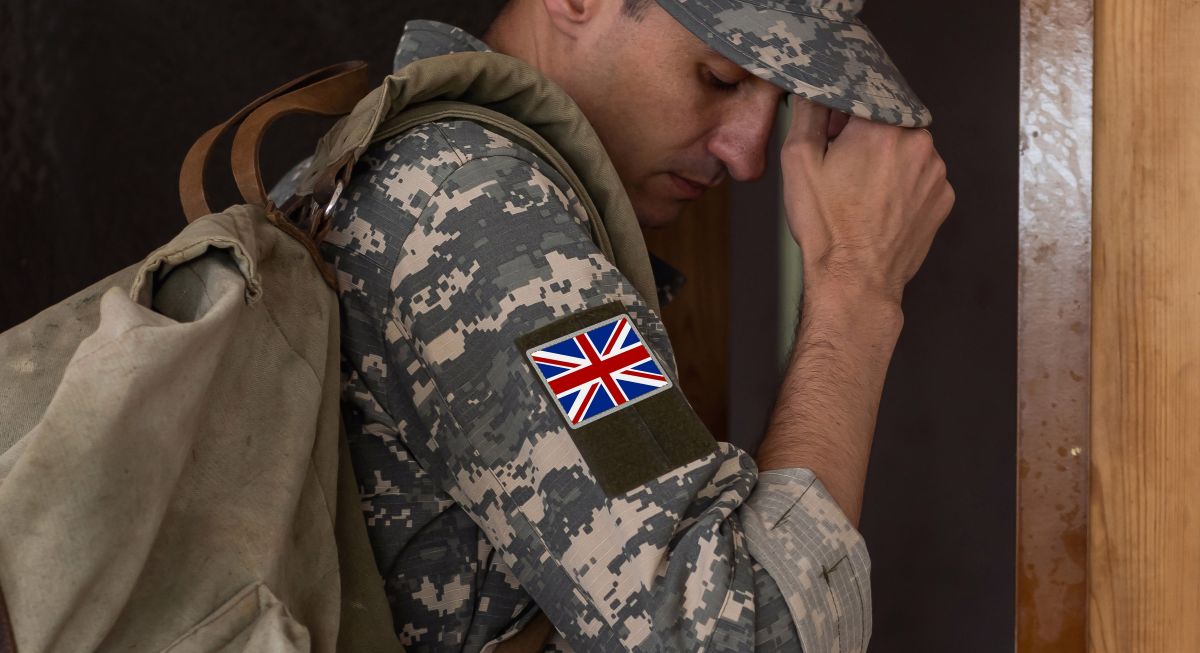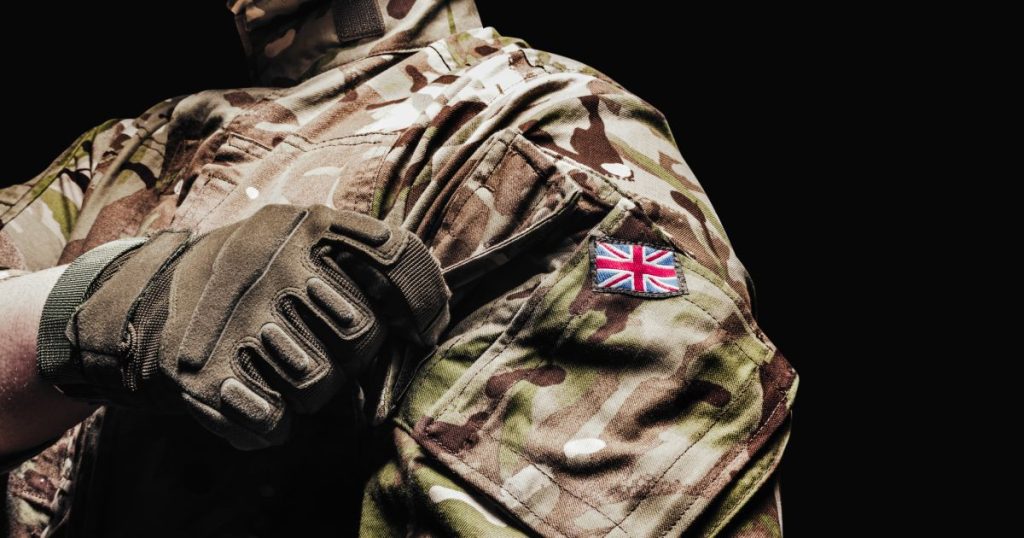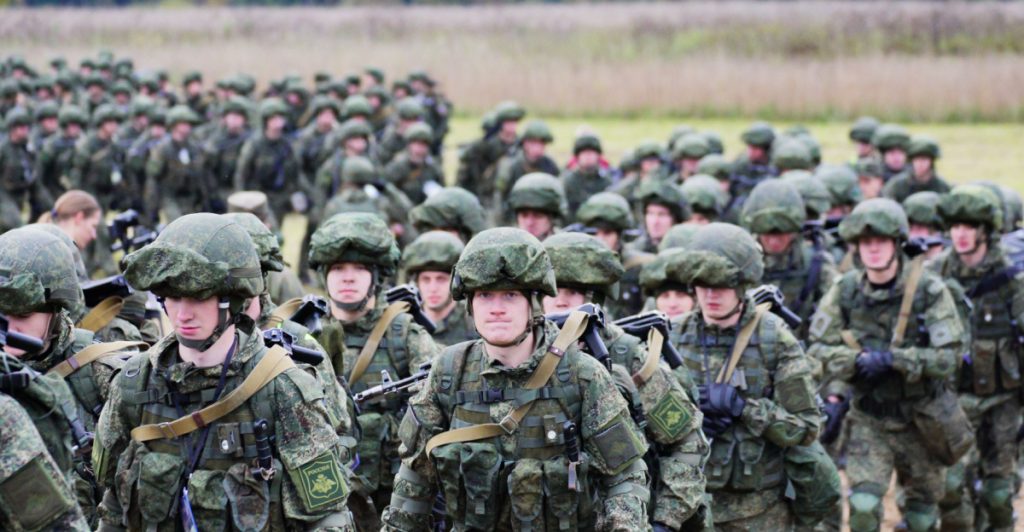Not everyone would be headed for the trenches.
Others are reading now
Not everyone would be headed for the trenches.
First Time in Generations

As the threat of World War 3 looms larger, with tensions rising between Russia, Iran, and the West, British citizens may face the prospect of conscription for the first time in generations.
But not everyone would be headed for the trenches.
Doctors and Nurses: The Backbone of the Nation

Medical professionals were historically exempt from conscription, and that precedent is likely to hold.
Also read
In a time of war, their expertise is needed at home to treat casualties, support public health, and bolster the NHS under pressure.
Farmers and Food Workers: Feeding the Front Line

During World War II, Britain recognized the vital role of food production.
Farmers and bakers were spared from service to ensure the nation didn’t go hungry.
Experts believe they’d be protected again if conflict erupted.
Engineers and Builders: Defending the Home Front

The people who keep our infrastructure running, from bridges to barracks, are too critical to be lost to the battlefield.
Engineers, construction workers, and those maintaining vital services would likely remain exempt from conscription.
Tech and Cybersecurity Experts: Modern-Day Warriors

While not mentioned explicitly, in today’s digital battlefield, cyber specialists are as essential as soldiers.
In the face of threats like infrastructure hacking or cyberwarfare, these professionals could be deemed too valuable to draft.
Conscientious Objectors: A Longstanding Legal Right

Not everyone has to pick up a rifle. Those with moral or religious objections can still serve the country in non-combat roles.
In WWII, many were assigned to medical aid, logistics, or civil defense roles instead.
Historical Blueprint: What WWII Teaches Us About WWIII

When WWII began, the UK conscripted men aged 18 to 41, then extended the upper limit to 51.
Even women were called upon. But crucial roles in farming, healthcare, and industry remained protected. That legacy may influence future policy.


